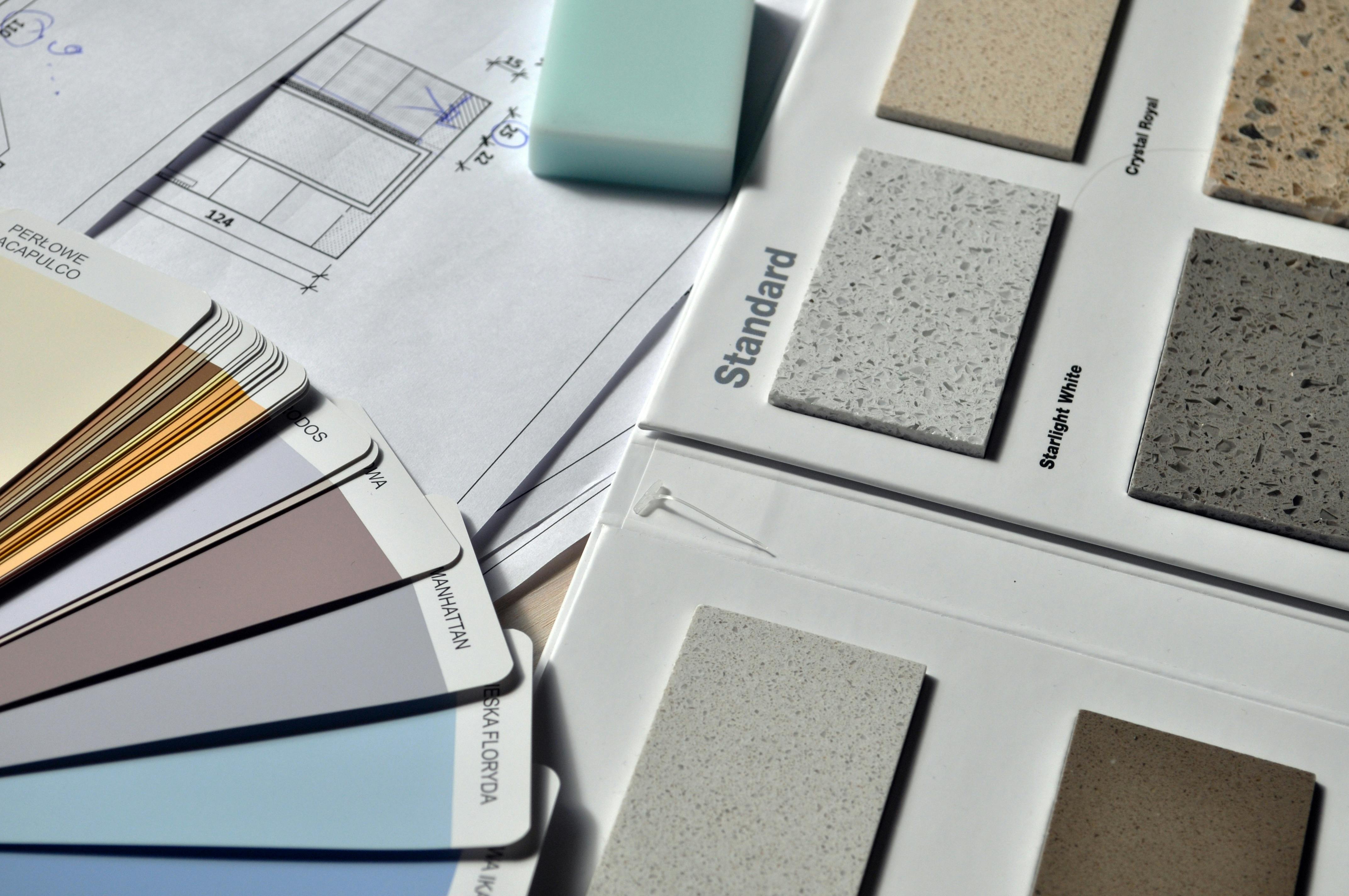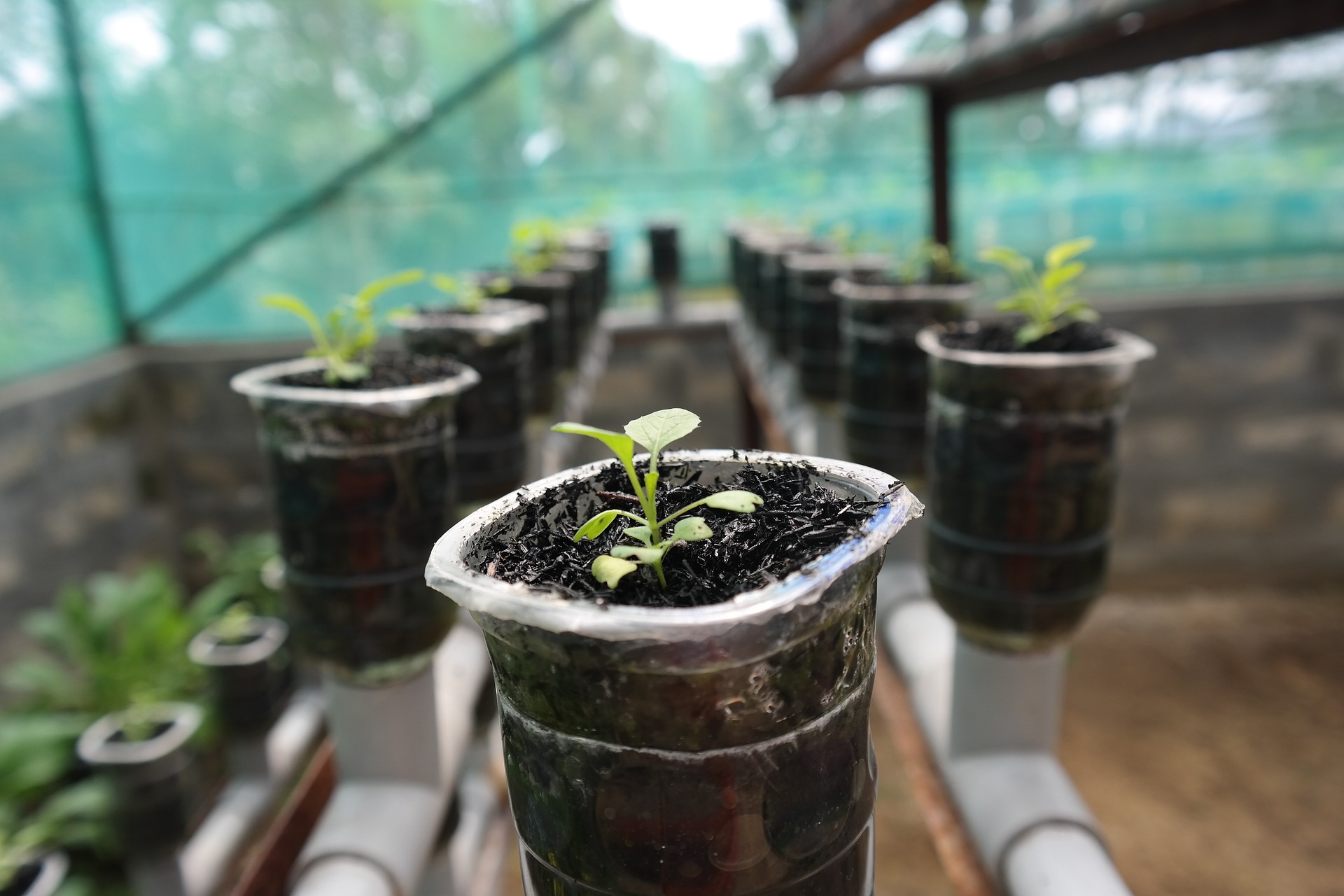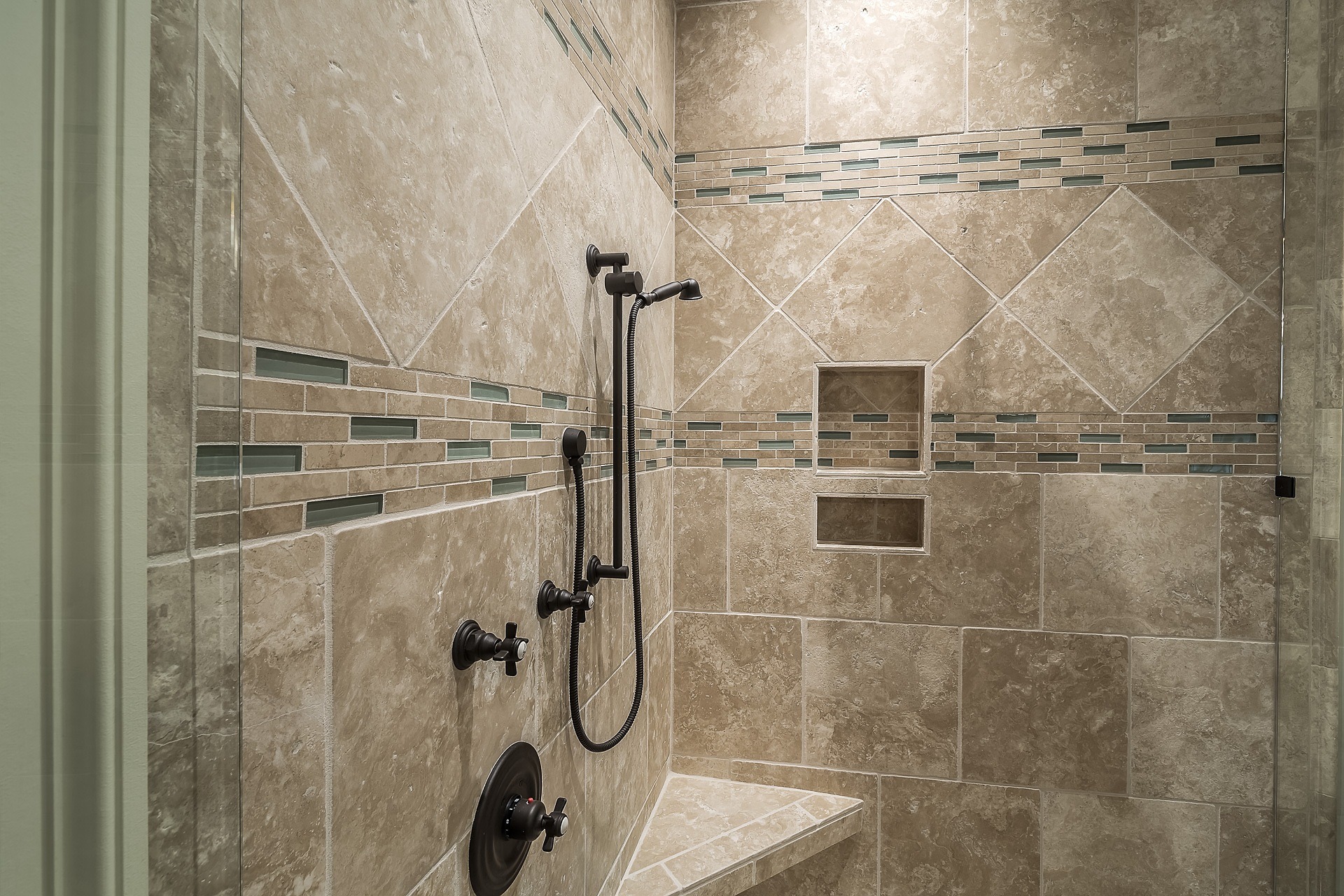What really makes a countertop resistant to everyday stains and chips
Discover countertops built for real-life kitchens—durable surfaces that resist heat, spills, and stains. Learn which high-performance materials, from engineered quartz to premium granite, deliver lasting value and easy maintenance. Explore expert insights and cost factors to choose a countertop that combines everyday resilience with timeless style for your cooking space.

How countertop replacement transforms kitchen durability
When considering countertop replacement, material selection directly impacts long-term resistance to daily damage. Natural stone surfaces like granite offer inherent hardness but require regular sealing to maintain stain resistance. Engineered materials provide consistent durability through controlled manufacturing processes that eliminate natural weak points found in quarried stone. The replacement process allows homeowners to upgrade from porous materials that absorb liquids to non-porous surfaces that repel stains and resist bacterial growth.
Modern replacement options include materials specifically engineered for superior resistance properties. Quartz surfaces combine natural minerals with polymer resins to create non-porous surfaces that resist stains without requiring sealants. Solid surface materials offer seamless installation with integrated sinks that eliminate vulnerable joints where moisture can penetrate and cause damage.
What quartz fabricators understand about material engineering
Professional quartz fabricators work with engineered stone products that achieve superior resistance through precise mineral composition and resin binding. The manufacturing process combines approximately 90-95% ground quartz crystals with polymer resins and pigments under intense pressure and heat. This creates a non-porous surface that naturally resists stains, scratches, and heat damage without requiring protective sealants.
Fabricators select specific quartz formulations based on intended use and resistance requirements. Higher quartz content generally provides increased hardness and scratch resistance, while resin quality affects stain resistance and color stability. Professional fabrication includes proper edge finishing and surface polishing that maintains the material’s protective properties throughout the installation process.
How marble fabricators enhance natural stone resistance
Traditional marble fabricators employ various techniques to improve the natural resistance properties of stone surfaces. Sealing treatments penetrate the stone’s porous structure to create barriers against liquid absorption and staining. Professional-grade sealers provide longer-lasting protection compared to consumer products, with some formulations offering 10-15 years of effective stain resistance.
Advanced fabrication techniques include surface treatments that enhance scratch resistance without compromising the stone’s natural appearance. Honed finishes can hide minor scratches better than polished surfaces, while textured finishes provide slip resistance in wet conditions. Fabricators also recommend specific maintenance schedules to preserve the stone’s protective treatments and maintain optimal resistance properties.
Why kitchen countertop installers focus on seam placement
Professional kitchen countertop installers understand that seam placement significantly affects long-term resistance to moisture damage and bacterial growth. Proper seam positioning minimizes joints in high-use areas where spills commonly occur, such as near sinks and cooktops. Skilled installation includes precise cutting and fitting that creates tight seams with minimal adhesive exposure.
Installation techniques for resistant surfaces include proper support structures that prevent flexing and cracking under normal use. Undermount sink installations require specialized cutting and edge finishing to maintain the material’s water resistance properties. Professional installers also ensure proper clearances around heat sources to prevent thermal shock damage to sensitive materials.
Understanding spill and heat resistant countertops technology
Modern spill and heat resistant countertops achieve their protective properties through advanced material science and surface engineering. Non-porous surfaces prevent liquid penetration that causes permanent staining, while thermal resistance properties protect against hot cookware damage. Quartz surfaces typically withstand temperatures up to 300-400°F before showing heat damage, while natural stones may crack or discolor at lower temperatures.
Chemical resistance varies significantly between materials, with engineered surfaces generally offering superior protection against acidic substances like citrus juice, wine, and vinegar. Surface hardness ratings help predict scratch resistance, with quartz materials typically rating 7 on the Mohs hardness scale compared to marble’s rating of 3-4. This hardness difference translates to significantly better resistance against everyday kitchen activities that can chip or scratch softer materials.
| Material Type | Average Cost Per Sq Ft | Heat Resistance | Stain Resistance | Maintenance Level |
|---|---|---|---|---|
| Quartz Engineered Stone | $60-$120 | Up to 300°F | Excellent | Low |
| Granite Natural Stone | $40-$100 | Up to 500°F | Good (with sealing) | Moderate |
| Marble Natural Stone | $50-$120 | Up to 350°F | Fair (requires sealing) | High |
| Solid Surface | $35-$85 | Up to 200°F | Very Good | Low |
Prices, rates, or cost estimates mentioned in this article are based on the latest available information but may change over time. Independent research is advised before making financial decisions.
Choosing materials for long-term resistance performance
Selecting countertop materials for optimal resistance requires balancing performance characteristics with aesthetic preferences and maintenance requirements. Engineered quartz surfaces provide the highest overall resistance to stains, scratches, and heat damage while requiring minimal ongoing maintenance. Natural stone options offer unique beauty but require more careful maintenance to preserve their protective treatments.
Consider daily usage patterns when evaluating resistance requirements, as heavy cooking activities may justify investment in more durable materials. Professional consultation with experienced fabricators and installers helps identify the most appropriate materials for specific kitchen environments and usage demands. Long-term performance depends on both material selection and proper installation techniques that preserve the surface’s protective properties.
The science behind countertop resistance combines material engineering, surface treatments, and professional installation to create durable kitchen surfaces that withstand daily use. Understanding these factors enables informed decisions about material selection, maintenance requirements, and expected performance characteristics that match individual household needs and cooking habits.




